The Fate of Afghanistan’s Leaders — and America’s Missing Millions of Dollars — Three Years After U.S. Withdrawal
The matter has seemed to die away with no satisfactory answers given to the American public.

Three years ago, during the chaotic American withdrawal from Afghanistan following 20 years of occupation, nearly the entire leadership of the Washington-backed Afghan government fled. This paved the way for the Taliban to take control without firing a single shot. Most notable among the exodus was President Ghani, believed to have abruptly left the country with an extensive cadre of dollars.
This incident was merely a glimpse into the vast systemic corruption that permeated Afghanistan for 20 years, funded unwittingly by American taxpayers. So, three years on, what became of these once-storied leaders? Was anyone ever held accountable for the millions in missing funds squandered over the duration of war?
“The tragic answer is no,” one former Afghan diplomat, who requested anonymity given security concerns for family members who remain in the country, told the Sun.”
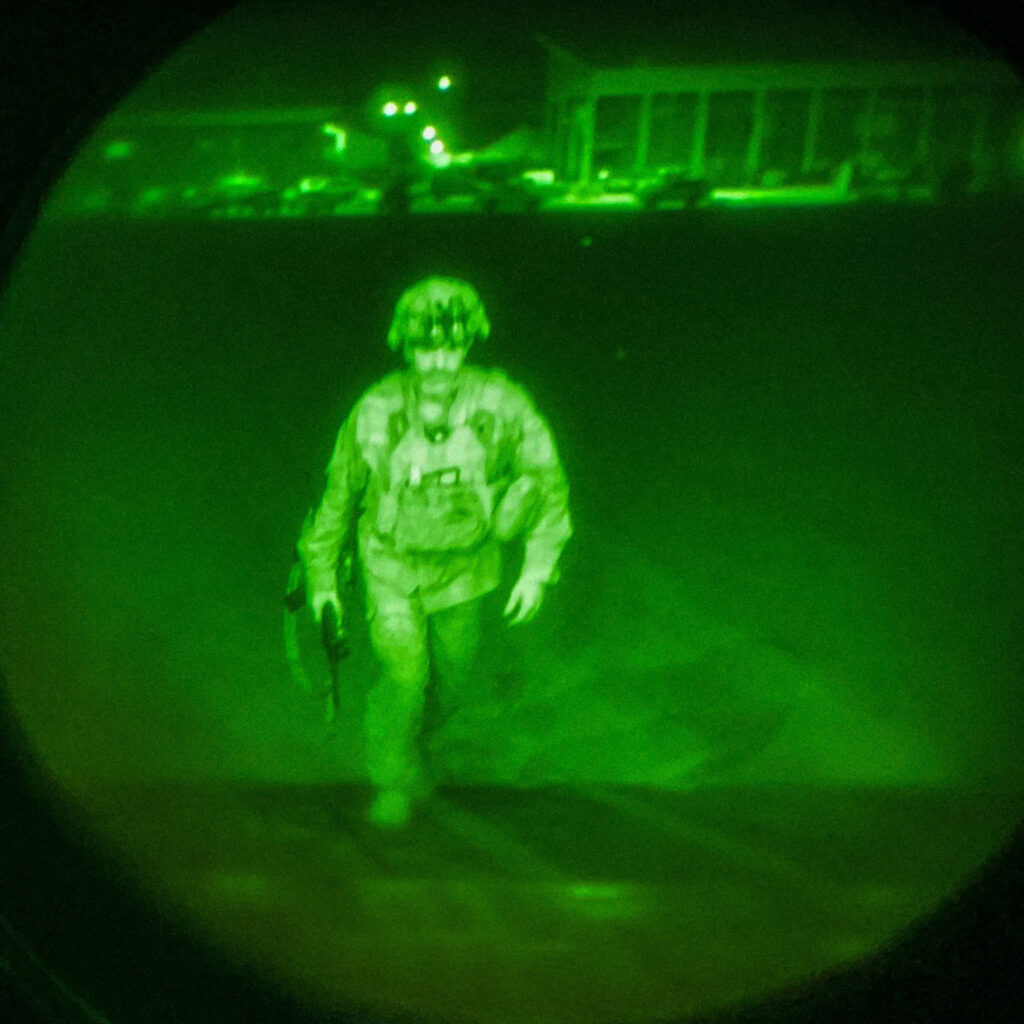
In the 2022 report “Theft of Funds from Afghanistan: An Assessment of Allegations Concerning President Ghani and Former Senior Afghan Officials,” the U.S. Office of the Special Inspector General for Afghanistan Reconstruction came to no clear determinations over what was taken, by whom, or where, as the top-brass fled. In the immediate aftermath of the withdrawal, reports indicated that Mr. Ghani alone may have exited with as much as $169 million.
Yet Sigar’s ambiguous findings estimate that Mr. Ghani “most likely” left with about $500,000, though the number was difficult to determine. In addition, Sigar raised questions over the fate of $5 million that was put into bags by his guards and then into his motorcade on the afternoon of the fall.
The former president did not interview with U.S. investigators and instead directed them to send written questions to his legal representation. Only six of the 56 questions were answered. According to the report, Mr. Ghani’s legal team claimed he left Afghanistan with personal funds from real estate sales abroad and a World Bank pension, which he intended to use on establishing “a foundation in his ancestral village, including a presidential library, an Islamic Studies Center and an agricultural center.”
This never came to fruition, and Sigar pointed out that such an endeavor was unlikely to materialize by “keeping cash under the proverbial mattress for nearly six years.”
Sigar also noted that Afghanistan’s National Directorate of Security operated with a mostly U.S.-issued annual budget of $225 million, of which tens of millions were issued in cash and intended to bolster anti-Taliban militias. By the beginning of August 2021, the NDS fund was down to $70 million in cash reserves. The day prior to Kabul’s fall and the Ghani team’s rapid departure — August 14, 2021 — the cash reserves “disappeared from the NDS vault.”
The report concluded with little clarity, highlighting that “it remains a strong possibility that significant amounts of U.S. currency disappeared from Afghan government property in the chaos of the Taliban takeover — including millions from the presidential palace and the NDS vault. Attempts to loot other government funds appear to have been common. Yet with Afghan government records and surveillance videos from those final days likely in Taliban hands, SIGAR is unable to determine how much money was ultimately stolen and by whom.”
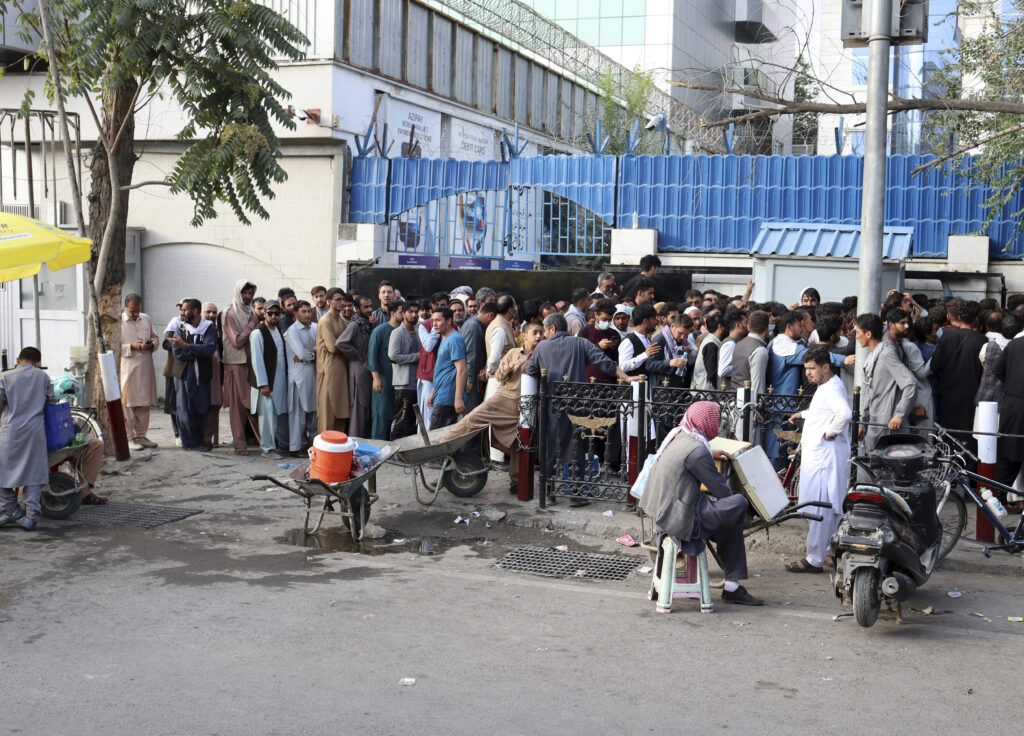
The matter, then, seemed to die away with no satisfactory answers given to the American public.
“Since Kabul fell in August 2021, the issue of how all of these ill-gotten gains might be used has remained quiet, hiding under a rug,” a global finance and risk management specialist, Dennis Santiago, told the Sun. “The biggest reason we have not gone after corrupt Afghan officials is embarrassment. We enabled the corruption. To remedy the damage, we first have to admit that we were part of what caused that damage. This is not something that official Washington is very good at.”
After the fall, President Ghani, his wife, and close aides pursued asylum in the United Arab Emirates. While popular in Washington circles for his technocrat background and doctorate from Columbia University in 1983, an investigation from the Organized Crime and Corruption Reporting Project asserted that Mr. Ghani’s office granted extraordinary extralegal rights to a subsidiary of an American military contractor, allowing it to purchase, process, and sell chromite from local Afghan mines.
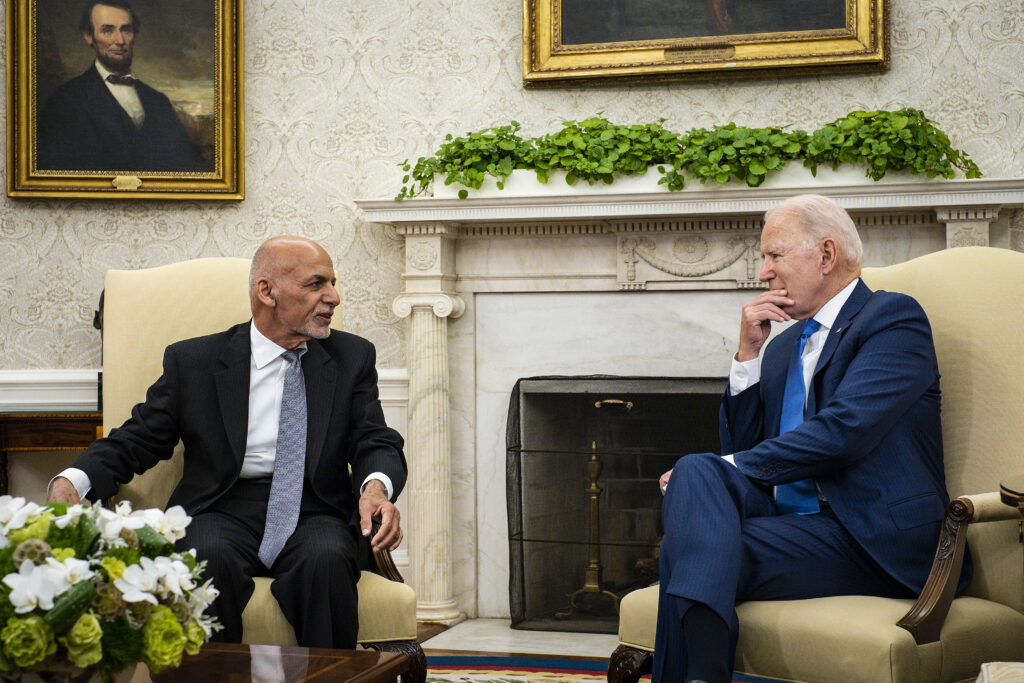
Typically, such transactions were prohibited to prevent funding groups like the Taliban and the Islamic State’s Afghan affiliate. However, this subsidiary was given special privileges. Citing leaked documents from the UAE, reports in 2021 disclosed that the president’s brother, Hashmat Ghani, owned a 20 percent stake in the military contractor’s subsidiary that received these exclusive rights. Beyond that, other news outlets have indicated that his wife’s brother brokered multimillion-dollar contracts without going through public bid processes.
Yet such anecdotes are barely a blip in the overall two-decade internal Afghanistan corruption scheme, and they might not be the last Washington sees of it. According to the former Afghan diplomat, many government figures he worked alongside have mostly remained off the public radar over the last three years, yet the same individuals are likely preparing for a “comeback.”
“These same leaders are betting on the normalcy of political comebacks, which can happen anywhere from five to 10 years in Afghanistan,” the source said, stressing that Afghans are used to playing the long game. “These former leaders still believe they have a chance — unless they die of old age.”
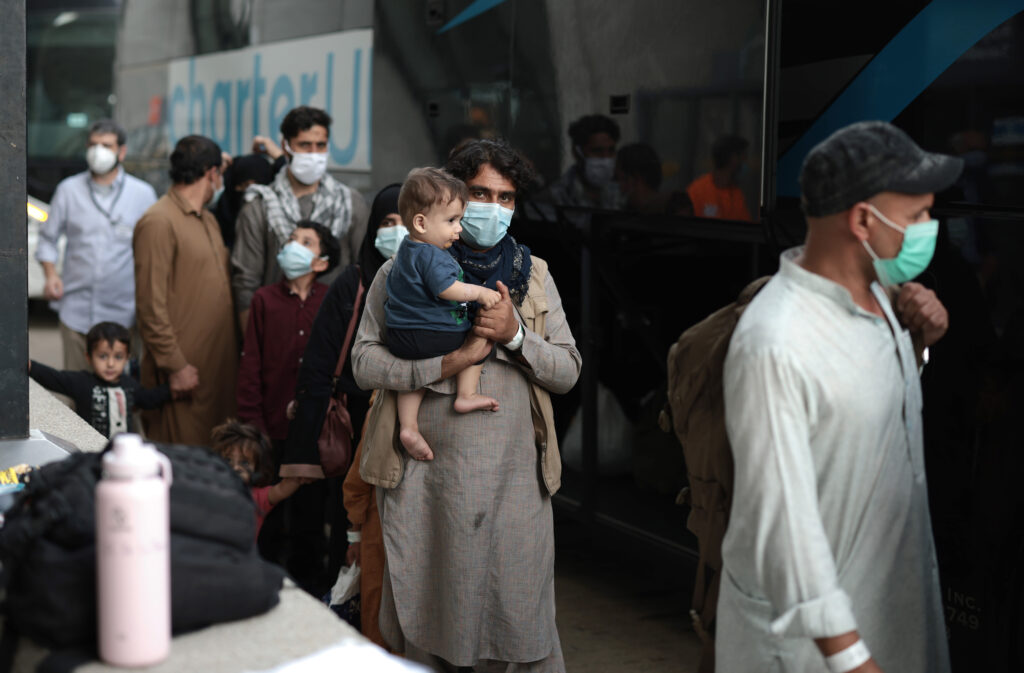
Based in Abu Dhabi, Mr. Ghani leads a relatively low-profile and isolated existence, with the exception of occasional interviews and posts on X, in which he still refers to himself as the president of Afghanistan. In February, Mr. Ghani was spotted for the first time outside the UAE since the fall, undergoing the Umrah pilgrimage in Saudi Arabia.
The Fate of Other Leaders Post-Collapse
Many other once high-flying Afghan leaders lead similarly low-key lives today, with the exception of Ahmed Massoud, the son of legendary Afghan military leader who successfully resisted Soviet occupation and later fought against the Taliban. Mr. Massoud continues to do interviews and pledge to fight back against the Taliban as leader of the Tajikistan-headquartered National Resistance Front, an anti-Taliban military alliance fighting for a democratic and inclusive government. Yet the other leaders seem to have slipped from the limelight with little blowback or questioning of their roles in Afghanistan’s systematic corruption and crash.
The immense wealth amassed by many government officials and warlords in one of the world’s poorest countries was on glaring display as the Taliban took swaths of territory in the summer of 2021 — including their onyx and gold-trimmed private mansions, many of which were adorned with everything from hot tubs and helipads to lavish gardens and exotic pools.
A prominent former Balkh province governor, Atta Mohammad Noor, fled his life of luxury in Afghanistan to an apartment he already owned in the luxurious sector of Dubai dubbed “The Palm.” At the same time, the vice president of Afghanistan, General Abdul Rashid Dostum, the once powerful commander of the north, had his sprawling mansion at Ankara, Turkey, to turn to.
In 2022, General Dostum and other exiled leaders and officials announced the establishment of a “High Council National Council of Resistance” to demand the Taliban allow them to return and assume government positions — or else safely. But little appears to have come to fruition. One source pointed out that leaders in foreign countries are “discouraged” from taking political stances that would aggravate diplomatic ties with the Taliban.
Just two high-profile officials stayed to face the music: Afghanistan’s former chief executive, Abdullah Abdullah, and a former president, Hamid Karzai, who says the Taliban does not allow him to leave the country.
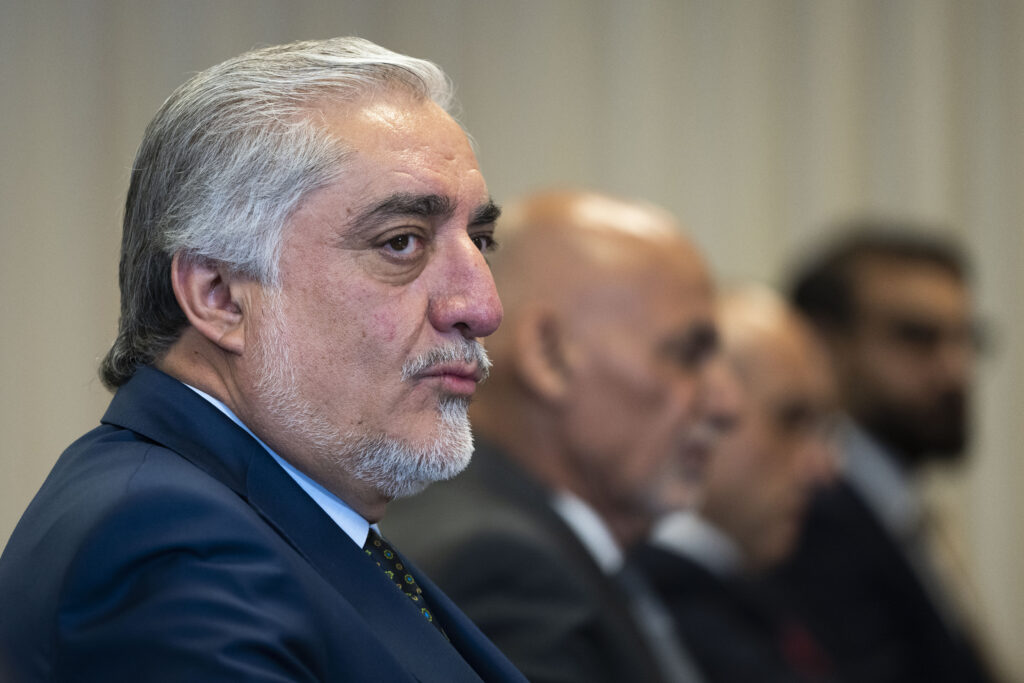
A Long History of Corruption
Nevertheless, corruption and the issue of missing funds were prevalent throughout the entire duration of the U.S. occupation, not just at the tail end.
“It will also be crucial to enforce a zero-tolerance policy towards official corruption,” the Sigar team wrote in its very first quarterly report to Congress in October 2008, stressing that “weak governance and corruption” were two of the most significant issues plaguing the war-torn nation.
Yet it continued with little consequence.
Leaked diplomatic cables exposed the depth of government corruption in Afghanistan and the apparent impotence of Washington to address it. High-ranking officials, including members of the country’s elite, are implicated in the widespread graft. One disclosure details an incident in October 2009 when the vice president at the time, Ahmad Zia Massoud, the younger brother of Ahmad Shah Massoud, was stopped and questioned in Dubai while carrying $52 million in cash, according to a diplomatic report. Yet no real explanation came of it.
In 2021, Sigar “identified corruption at virtually every level of the Afghan state — from salaries paid by international donors for Afghan soldiers and police who do not really exist to the theft of U.S.-military-provided fuel on a massive scale.”
Of the $146.68 billion allocated by the U.S. for Afghanistan’s reconstruction between 2002 and 2022, $19 billion — or 30 percent of the $63 billion examined by Sigar — was squandered through waste, fraud, and abuse.
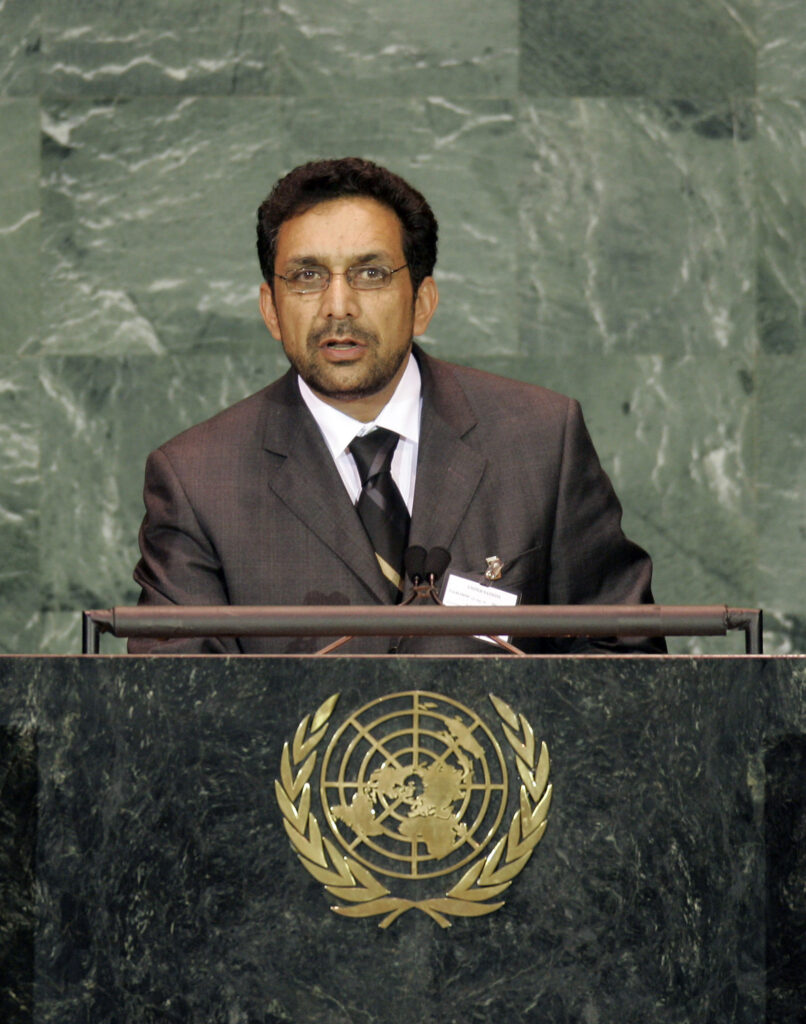
Stolen Funds Funneled to Dubai
A significant portion of the pilfered money supplied by the U.S. and its allies is believed to have made its way into Dubai — a three-hour flight from Kabul — over the past two decades, including by several contractors accused of pocketing money designated for reconstruction efforts. A report released in May by the Organized Crime and Corruption Reporting Project detailed how high-ranking officials and their close family members made multimillion-dollar real estate investments in wealthy Dubai neighborhoods using profits from allegedly fraudulent contracts.
The report stated that the Gulf city is far from the only place where criminals and others have successfully stashed their wealth in luxury properties: “New York City and London real estate have also attracted dirty money. But Dubai offers a particularly permissive climate for individuals looking to launder illicit cash via property purchases.”
Mr. Santiago pointed out that if Washington really wanted to act, it could.
“The U.S. and the world have substantial resources for tracking down and restricting access to money considered ill-gotten gains or dangerous to global stability. The most dramatic demonstration of these capabilities is the sanctioning of Russian oligarchs currently in action regarding the war in Ukraine,” he explained. “U.S. financial corruption agencies such as FinCEN are well equipped to track down funds whether in the Western banking system or at gateways into the Arabic banking system, such as Dubai.”
However, regarding Afghanistan, he said that while “the tools are there, the policy is not.”
Accountability for Americans, but Not for Afghans
While there seems to have been next to no accountability for stealing money on the Afghan side, authorities in the U.S. continue to go after American citizens accused of illegally lining their pockets about Afghanistan.
Numerous cases have been reported over the years involving various schemes such as bribery, kickbacks, and theft of government property. For one, a U.S. Army sergeant, James Edward Norris, was charged in 2009 and sentenced for taking bribes in exchange for allowing Afghan truck drivers to steal fuel from a base.
Another notable case that year involved Ryan Scott McMonigle, who was indicted for soliciting kickbacks concerning a security services subcontract for USAID personnel. In 2014, U.S. Army Specialist Stephanie Charboneau was convicted for her role in a fuel theft ring at Forward Operating Base Fenty in Afghanistan. In June 2022, military contractors from Envistacom LLC, including its president and a vice president, were indicted for a $7 million procurement fraud scheme. They allegedly created sham competitive quotes and manipulated cost estimates to secure sole-source contracts, defrauding the U.S. government.
Most recently, in July, an American jury convicted a U.S. Navy Reserve commander on multiple criminal charges for a long-running scheme to accept bribe money from Afghan nationals in exchange for “drafting, submitting, and falsely verifying false letters of recommendation for citizens of Afghanistan who applied for Special Immigrant Visas with the U.S. Department of State.”
Some analysts argue that it isn’t fair not to examine the Afghan side with the same level of scrutiny. Yet, a senior fellow at the Atlantic Council and a professor at the National Defense University, Sean McFate, noted that despite the passage of time, American taxpayers deserve answers.
“Apologists are always going to say that in war and conflict, you can’t have perfect accountability,” he said. “But this is not World War II anymore. We have mechanisms of accountability. There was a lot of fraud, waste and abuse by Americans and Afghans. It’s part of the Afghan culture. And I do think that there should be more accountability. If you look at the trillions of dollars U.S. taxpayers have spent, answers are owed to them.”
Mr. McFate pointed out that government players have long tried to “downplay accountability offices like Sigar,” but at the least, accountability is necessary to prevent future mistakes. “There was a point in Afghanistan where they just couldn’t absorb the dollars we were dumping on them,” he added. “We can’t do that again.”

